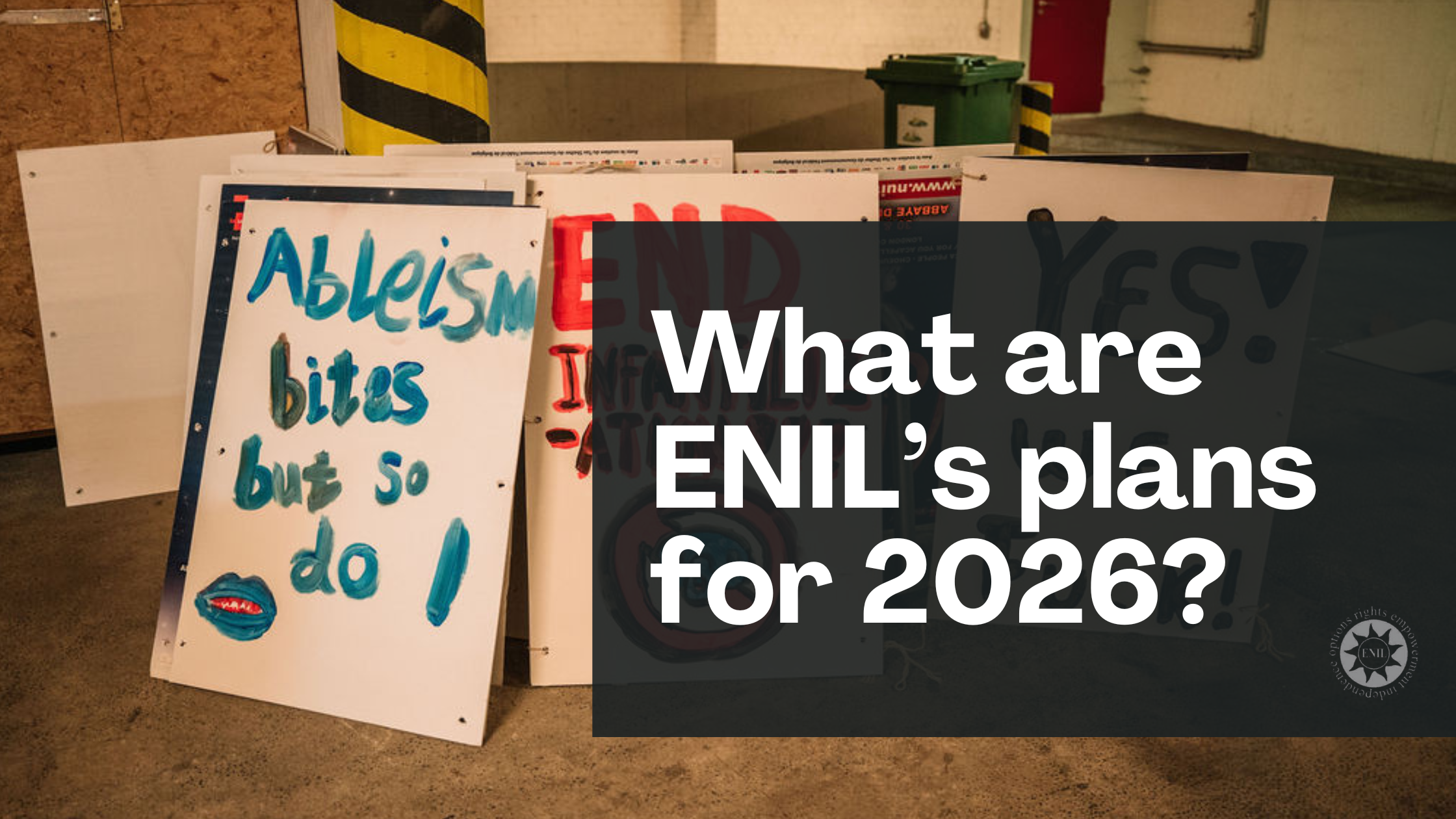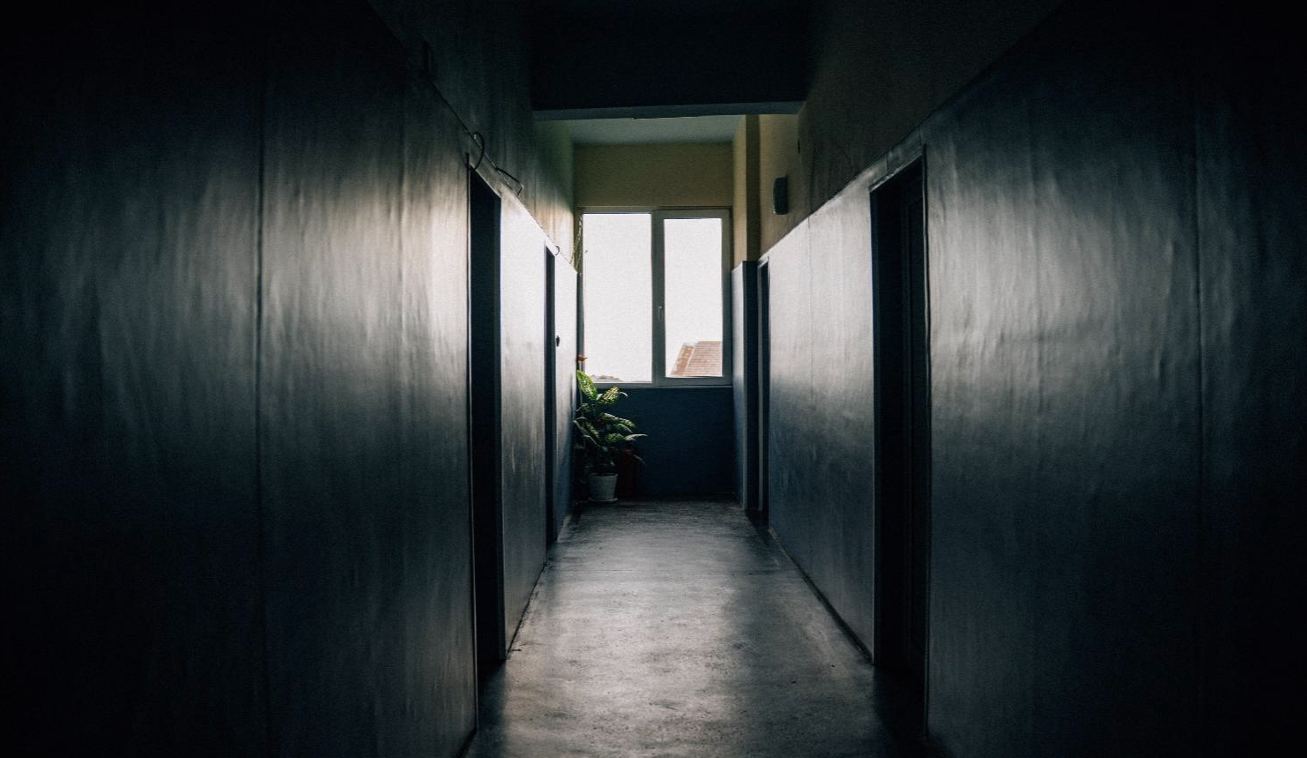By Adela Santos Lavigne
Today, 16 June, is a great day when the great community of diversity comes together to celebrate and vindicate the difference of being in our society. For me, being able to write on such an important day is a source of pride and happiness.
I pride myself on being near so many wonderful and brilliant people unafraid to claim their condition, whatever it may be, and joining together to achieve real inclusion. And I say real because we already know that there are rules that recognise our rights. However, society needs to understand that rights must not only be given but must also be recognised, and this is based on all of us respecting each other and appreciating the uniqueness of human nature.
Happiness is important because we have been increasingly recognised as a proactive part of society. We are not sleeping or second-class citizens; we are people eager to actively participate in the tremendous sociological revolution that would mean that we could achieve that there are neither oppressors nor oppressed; that difference adds and does not subtract. We still have a long way to go to achieve this goal. Still, days like today remind us that what we do has an essential function in our society, that little by little, changes are emerging and that we are genuinely indispensable in achieving this inclusion. We have been integrated for years, forming part of society in that secondary role they have wanted to relegate us, but that is not inclusion. We must strive for inclusion in the future, to reach and be part of, as equals, in and of society.
I want to share a series of everyday experiences among those of us who are under the paradigm of neurodiversity.
1. Ableism and self-doubt about our condition
One of the most relevant factors we constantly suffer from and harms us is ableism. We could define ableism as any circumstance in which a person, even knowing your needs or circumstances, imposes on you to act as is socially acceptable or correct, even if this puts your stability, health, etc., at risk.
Ableism causes our community to be questioned at all times, giving rise to emotional disorders, which make our day-to-day lives even more difficult. Something as simple as respecting our condition can reinforce our emotional stability; why? Because that is not what an autistic person’s life is usually like. A few years ago, society discussed whether Greta, at 16 years old, because she was autistic, knew what she was doing about climate change. We would never see such a reaction to someone who meets social standards.
The reason for this is mainly because of the misinformation that exists today. Our condition is invisible; no one can tell at a glance whether a person is autistic or not: when a condition is invisible, it does not exist, so we must be expected. Even when some of our autistic traits are perceived, they look for ways to eradicate the behaviours that evoke autism. Moreover, we can see how among relatives, the rule is ‘I don’t want to take my little one with this other autistic’ because although he is autistic, we hear them say: ‘certain traits will stick to him’, ‘he will get worse’, ‘what he needs is to be with children’, ‘for him to talk, force him to look at you’… they separate us, they distort us because they know that as soon as you enter the community and get peer support, your life changes. No, you are no longer that weird, different person who has to change. You turn out to be just another person among others. It turns out that you are just one person among many who have constantly heard these same messages, sometimes suffering abuse and/or bullying. Others believe that making you change yourself is the solution as if denying who a person could be is possible.
We want to remind the world that we are not sick or need a cure. If you had a little empathy, they always say we lack understanding and patience to make us understand each other, we would make a considerable change. A change as massive as me feeling for the first time in a safe space.
2. We are autistic beyond childhood
Yes, we are here to remember that we grow up, we get older, and when we suddenly turn 18, there are no tools to help us in our daily lives. It is as if families are told that you are on your own from then on.
We want to remember that we did not come into the world constantly to remain dependent on our environment, but that we demand and demand at all levels the necessary support to become people with full rights, conquering our dreams: to be independent, to have a flat, a job, a family… Why do you think that we need to prepare to go further? Why do you limit our options? Again, it is due to this lack of effort to try to turn our society into something like a 3.0 society. We need an education with the necessary support for any person so that the state and public bodies promote access to the quality labour market, not those who reduce their salaries just because they have a recognised status.
A society that understands that ‘ghettos’, whether in housing or work, only isolate those they love the most from their environment. With some exceptions, our family (the chosen one or the blood one) allows us to be sure that if something goes wrong, we will have a support network to protect us.
If European countries remove the existing social and economic barriers, we can be whatever we want professionally. Our independence mustn’t depend on our family’s purse strings.
3. Gender bias in diagnosis and poor mental health
Even today, there is a false belief that autism is a male thing. The problem is that the criteria for someone to confirm that you are autistic are biased. There is no attempt to see those differences and find those unique characteristics without associating them with gender roles. Women and other minorities find it more difficult to access their diagnosis and support.
From here to the professionals and institutions present, we call for a serious and reliable study of the criteria that determine the diagnoses. The barriers to access to a diagnosis depend on whether we meet a neurodiverse specialist or not. Mental health professionals should do a self-analysis and remember why the first option always has to be medication, not consider what happens to the patient. States should facilitate and increase the teams of psychologists working in the public health system and bet on better training.
They cannot continue to resort to techniques such as physical restraint without justification when a patient comes to the emergency department because they do not even know what a collapse is. The public system cannot ignore the fact that there are adults who are still waiting for help from a failing health system, which not only denies them the chance to begin perhaps to cope with their daily difficulties but also denies them an identity. Let’s be clear: a person self-identifies as autistic, but until they put it on paper, they never have the empathy or help of the bureaucracy and the social context around them. Sometimes, even the context discriminates and is where the most hopeless situations come from.
If there is one thing people have the right to, it is to know who we are. Society, in all its sectors, must be self-critical and act responsibly. Society must know that we are here ready to offer what we are best at as a social contribution, as our way of building a better world.
Today, we are not only claiming that we deserve a united listening of all neurodiverse communities, no. Today, we claim the need for a united listening of neurodiverse community. Today, we claim the urgent need for institutions to stop being passive accomplices in all these situations. Because the problem is not mine, I am healthy. The problem belongs to those who try to decide, even before I am born that someone like me should not exist because I am different. That is why today it makes more sense than ever to say that, despite society’s harmful efforts and passivity, I can feel happily proud to be autistic, and I hope that the neurodiverse people who read this text will also feel the excitement and happiness and pride of being who you are.



